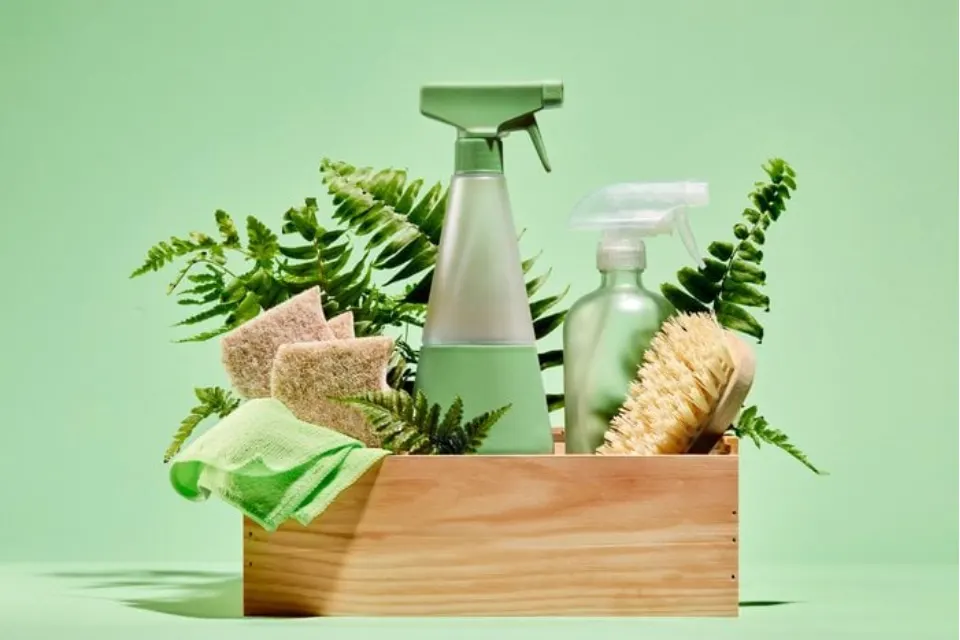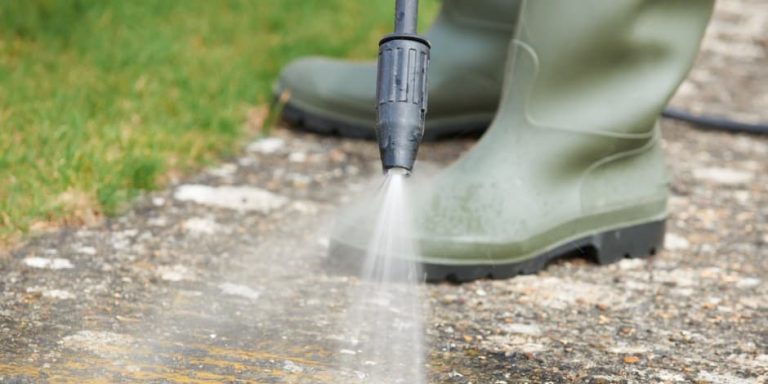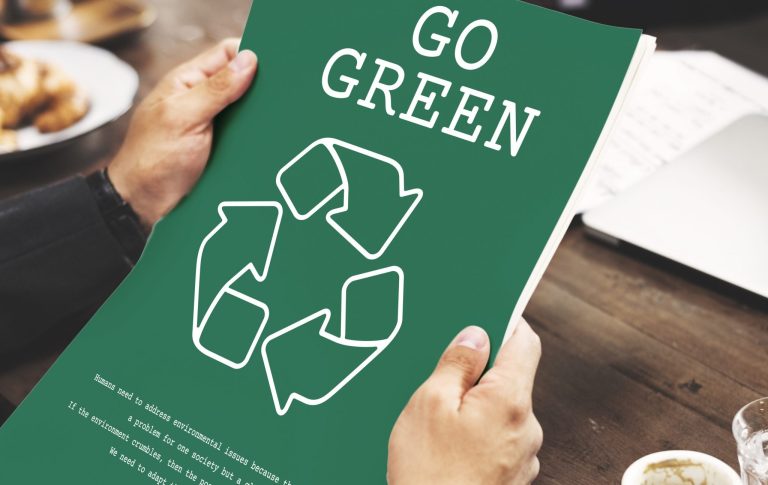
Power washing is often thought of as just blasting away dirt with water, but the real cleaning power often lies in the detergents used alongside that pressurized spray. While conventional pressure washing chemicals can be effective, they also pose environmental risks—from polluting waterways to harming soil, plants, pets, and wildlife.
That’s where eco-friendly power washing detergents come in. But what makes a detergent truly “green”? And do they actually work?
In this article, we’ll explore the science behind environmentally safe cleaners, evaluate how well they perform compared to traditional formulas, and offer practical guidance on choosing the right product for your cleaning needs. 🧼🌎
🧼 What Are Power Washing Detergents?
Power washing detergents are specially formulated to break down:
- Grease and oil
- Mold and mildew
- Algae and moss
- Dirt, dust, and soot
- Bird droppings and organic buildup
They often contain surfactants—compounds that reduce the surface tension of water so it can spread and penetrate grime more effectively.
Conventional formulas may also include:
- Bleach (sodium hypochlorite)
- Phosphates
- Ammonia
- Petroleum-based solvents
- Synthetic fragrances and dyes
These chemicals may deliver fast results—but they’re also toxic to aquatic life, harmful to soil microbiomes, and often not biodegradable. 🚫🐟
🌿 What Makes a Detergent Eco-Friendly?
True eco-friendly detergents are designed to clean effectively without harming the environment. That means they must meet several criteria:
✅ 1. Biodegradability
The formula should break down naturally in the environment within days or weeks—leaving no harmful residue behind.
✅ 2. Non-Toxicity
Eco-friendly products avoid ingredients that can poison:
- Aquatic organisms
- Pollinators
- Pets or children
- Soil bacteria or fungi
Look for “non-toxic to aquatic life” on the label.
✅ 3. No Phosphates or Chlorine
Phosphates encourage algal blooms, and chlorine kills beneficial microbes. Green cleaners avoid both entirely.
✅ 4. Minimal VOCs (Volatile Organic Compounds)
Low-VOC or VOC-free products improve air quality and reduce smog formation.
✅ 5. Safe Surfactants
Green cleaners use plant-based or coconut-derived surfactants instead of petroleum-derived ones.
Browse Amazon Here For Eco-Friendly Pressure Washing Detergents
🔬 How Eco-Friendly Detergents Work
Despite what skeptics might think, many green formulas clean just as effectively as their traditional counterparts—thanks to smart chemistry.
Here’s how they work:
- Surfactants loosen and emulsify grime and oils
- Natural solvents (e.g., citrus oil or soy-based ingredients) dissolve grease
- Chelating agents bind with minerals and help rinse away deposits
- Enzymes break down organic stains (like bird droppings or algae)
The key is that they do all this without disrupting ecosystems when rinsed away.
🧪 Green Ingredients That Work
Some of the most common ingredients in effective eco-friendly power washing detergents include:
- Sodium citrate – A safe pH buffer and water softener
- Limonene – Derived from citrus peels; dissolves grease
- Cocamidopropyl betaine – A coconut-based surfactant
- Sodium carbonate (washing soda) – Cuts through grime
- Enzymes – Target mold, mildew, and algae without bleach
These ingredients are not only safer, but they also provide residual cleaning benefits by helping surfaces resist re-soiling.
🧪 Do They Work as Well as Traditional Cleaners?
In many cases, yes—but it depends on the job.
🟢 Ideal for:
- Siding
- Roofs
- Fences and decks
- Outdoor furniture
- Playground equipment
- Pet areas
🟡 May require extra time or effort for:
- Heavy grease or oil stains (e.g., auto repair shops)
- Graffiti removal
- Paint preparation on commercial or industrial surfaces
In those rare cases, pros may still opt for stronger agents—but only when absolutely necessary—and with proper containment to prevent runoff.
🧴 Top-Rated Eco-Friendly Power Washing Detergents
Here are a few products that perform well while meeting eco-responsible standards:
- Simple Green Oxy Solve House and Siding Cleaner
- Krud Kutter Exterior Cleaner (biodegradable and non-toxic)
- ECOS Pro Outdoor Cleaner (plant-based and cruelty-free)
- Biokleen Outdoor Cleaner (enzyme-powered)
- Sun Joe House + Deck Cleaner (non-toxic and bleach-free)
Always check for third-party certifications like:
- Green Seal
- EPA Safer Choice
- EcoLogo
These ensure products meet real environmental and performance benchmarks. ✅
👃 Don’t Forget About Fragrance
Many conventional cleaners use synthetic fragrances to leave behind a “fresh” scent—but these often contain VOCs or undisclosed irritants.
Eco-friendly detergents use:
- Essential oils
- Natural citrus extracts
- Unscented formulas for those with sensitivities
This keeps your air quality high—especially important in urban or high-traffic areas.
🧠 How to Choose the Right Product
When selecting an eco-friendly power washing detergent, ask yourself:
- What am I cleaning? (surface type and soil level)
- What’s nearby? (plants, pets, storm drains)
- Do I need a heavy degreaser or a general cleaner?
- Are there local runoff laws or HOA restrictions?
Then, compare labels and certifications. Stick to well-reviewed products that explicitly state non-toxic, biodegradable, and phosphate-free.
🌎 Final Thoughts
Eco-friendly power washing detergents are no longer niche or underpowered. Thanks to advances in green chemistry, today’s options offer excellent cleaning performance while protecting the planet—and your pets, family, and local waterways. 🐾🌿
The next time you gear up for a power washing project, skip the harsh chemicals and choose a detergent that works with nature—not against it. 💧🌍
Browse Amazon Here For Eco-Friendly Pressure Washing Detergents






